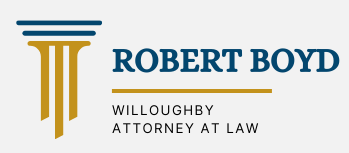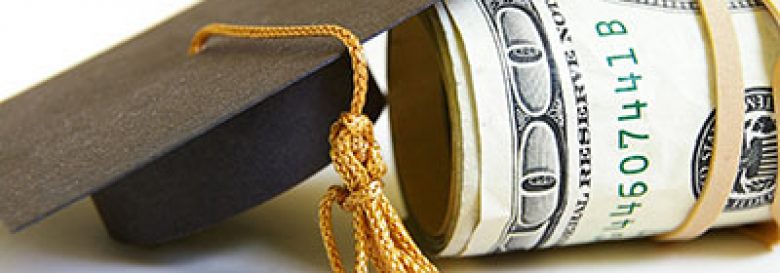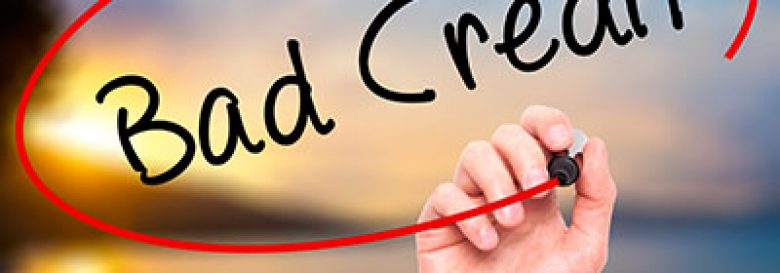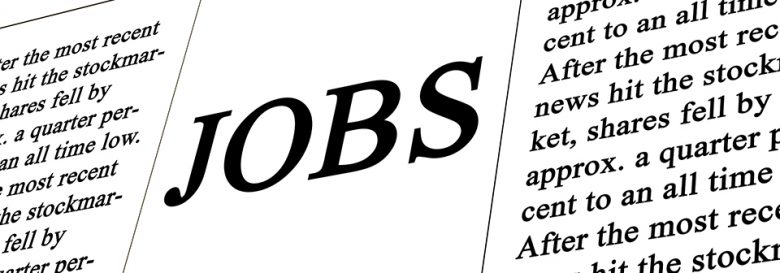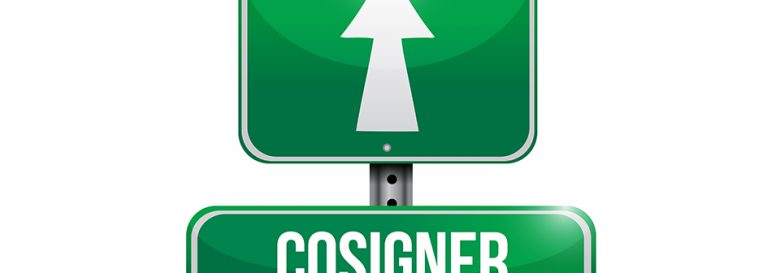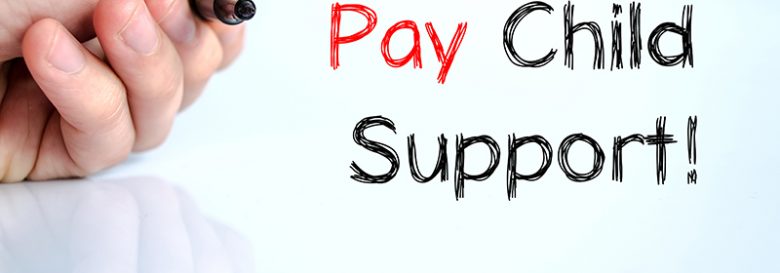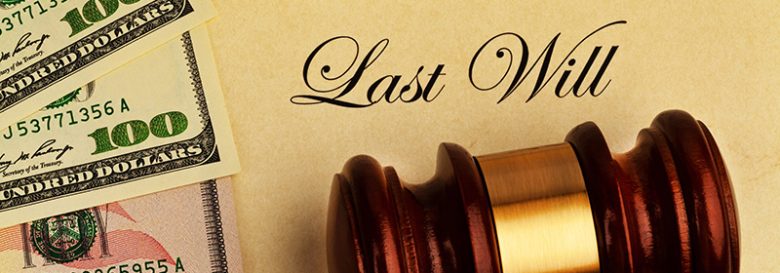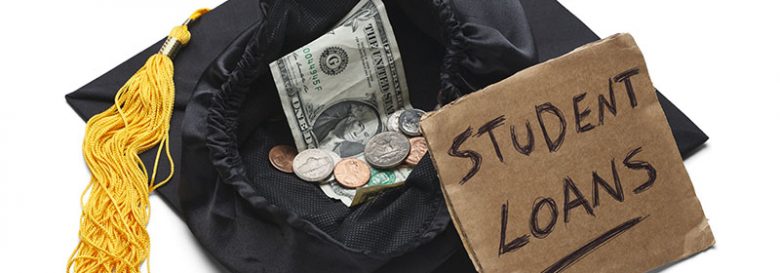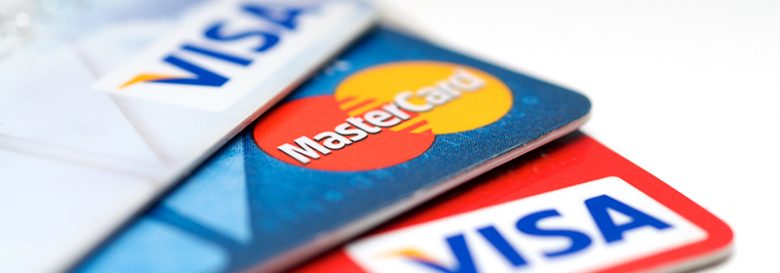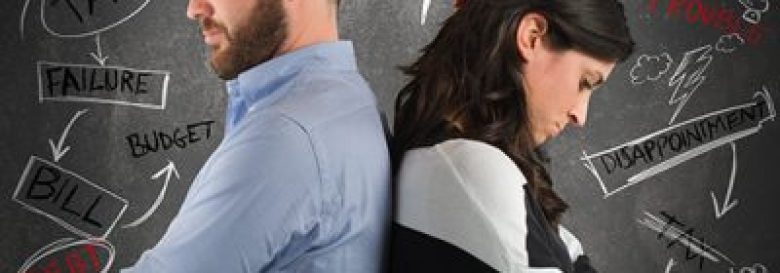Bankruptcy On My Student Loans, Can I File?
Bankruptcy On My Student Loans, Can I File?
Posted on June 22, 2017 by R.A. Boyd – Attorney • 0 Comments
Bankruptcy On My Student Loans, Can I File?
In most cases a student loan is not discharged by filing a bankruptcy. However, if you are disabled or otherwise unable to earn enough to maintain a minimal standard of living if you must repay your loan, a separate lawsuit or advocacy proceeding can be filed with a bankruptcy.
In this special proceeding, the person with the student loan debt must satisfy a 3-part test to discharge student loans through the bankruptcy.
TO SATISFY THE MINIMAL STANDARD REVIEW, a person attempting to discharge a student loan in bankruptcy must prove that he/she cannot maintain a minimal standard of living for his household (spouse & dependents) if forced to repay the loans.
THE PERSISTENCE REVIEW must establish that circumstances exist indicating that the inability to maintain a minimal standard of living if forced to repay the student loans, is likely to persist for a significant portion of the repayment period.
TO MEET THE GOOD FAITH EFFORT REVIEW it must be proven that the person that owes the student loan has made good faith efforts to repay the loans. Good faith is measured by the effort to obtain employment, the ability to maximize income and minimize expenses. Many other factors are explored to determine good faith effort. For instance, the effort to repay and attempts to negotiate a repayment plan will be evaluated.
The cost for you to file an adversary proceeding is in addition to the cost of preparing, and filing your chapter 7 or 13 petition. There are also additional filing fees for an adversary proceeding.
In the end, the best way to determine whether or not bankruptcy is the right choice for you is to speak with an experienced bankruptcy attorney about your specific situation. Attorney Robert A. Boyd of Willoughby, Ohio has more than 25 years of experience and can help you weigh the options and decide if bankruptcy is your best option for debt relief. Contact his office at 440-230-3230 or use the contact us form to schedule an appointment for a free consultation.
For additional information regarding bankruptcy law, check out the Ohio State Bar Association
